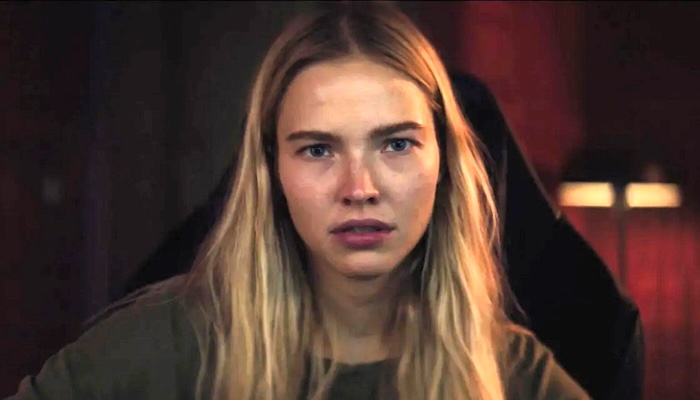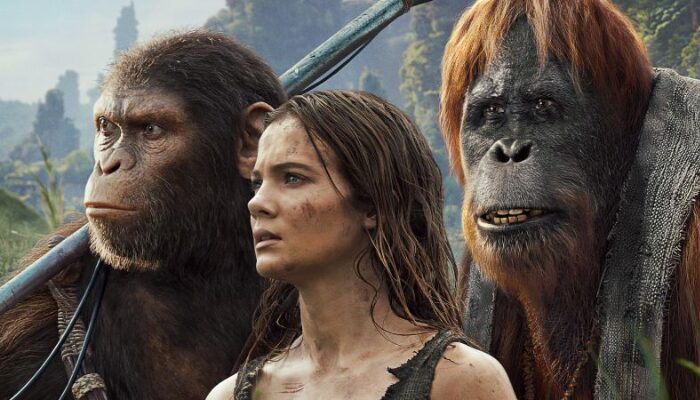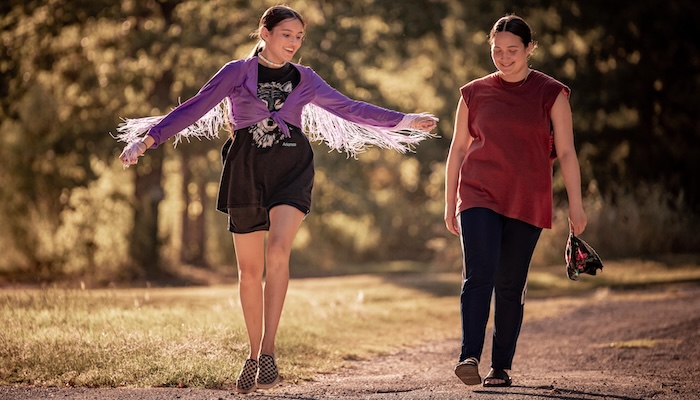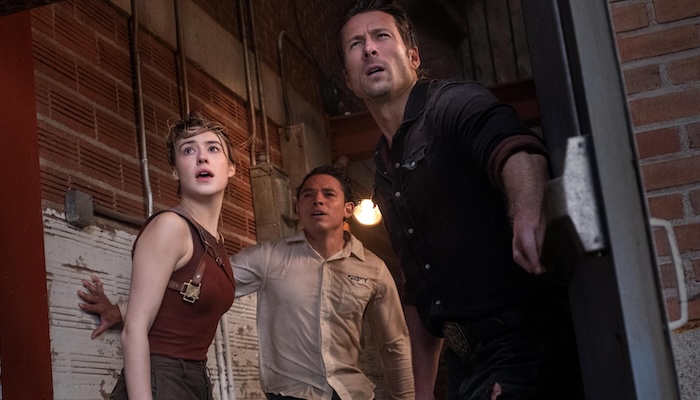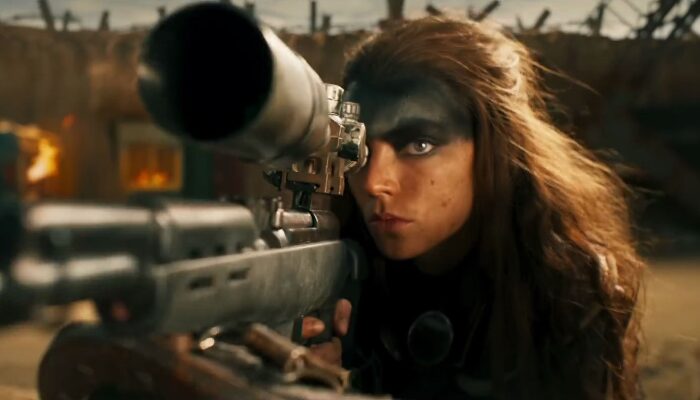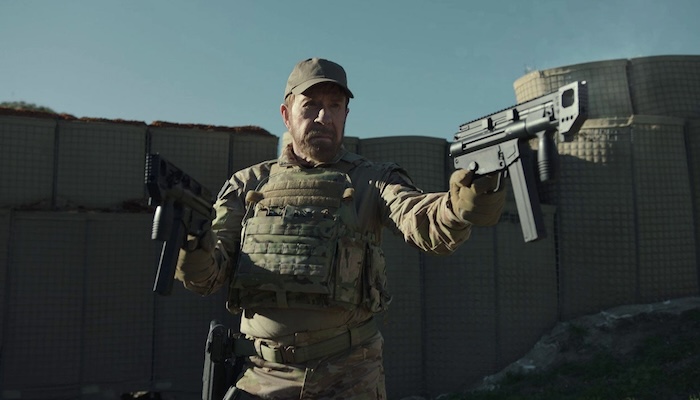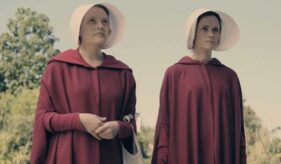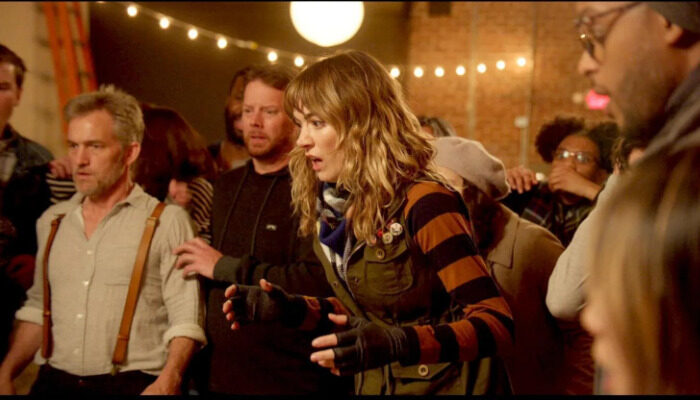TV Review: ROOTS: Season 1, Episode 1: Pilot [History, Tribeca 2016]
History’s Roots Pilot Episode TV Show Review. Roots: Season 1, Episode 1: Pilot from the 2016 Tribeca Film Festival brought back to mind how the original Roots series remains, without a doubt, one of the most important TV events in American history; but even when designated as required viewing, it’s likely that many contemporary viewers would regard it as a matter of history – a singular moment, for their parents/ grandparents, that will never be their own, no matter how much their world may have been shaped by it (like Woodstock, the Moon landing, or the Civil Rights movement). This would be reason enough to remake the series – as it has been the justification for pretty much any remake attempt – but it would be an injustice to call the new Roots mini-series a remake, at this stage.
If the first installment was any indication, then even with all of the familiarity that comes with such an iconic title (there was even a blink-and-you’ll-miss-it cameo, by the original star), there was enough fresh material, insight, and performances brought to this production to dispel any notion of it being a remake of the original. It promises to be more of an update to the source material; making the whole endeavor more of a relaunch, than remake, revision, reboot, or re-imagining.
The story – a family history of source author, Alex Haley, starting with its African roots – remained the same, of course. It began with Kunta Kinte’s (Malachi Kirby) journey, from honored son of noble chieftain, Omoro Kinte (Babs Olusanmokun), to a proud warrior in his own right, to slave, to patriarch. The new level of detail brought to this familiar story, however, made a lot of difference.
As first impressions go, it would be impossible not to notice the time & effort that went into the actual roots to this story. Establishing the national, cultural, and familial identity of Kunta Kinte served the episode exceptionally well, and will likely do so for the entire run. Kirby and Olusanmokun were well cast, not just for their respective performances, but for how they related to one another – personally & physically. You really could see one in the other.
The most useful aspect to this backstory (besides establishing Kunta Kinte) was in the context it provided to the African side of the slave trade. For apologists still willing to cite that Africans were the slavers, while Europeans were merely on the receiving end, the episode served as a reminder that all ancient cultures practiced slavery; but as a matter of conquest, penal justice, or vendetta – a sentence, not an identity. In this case, it was vendetta, as the circumstances around Kunta Kinte being delivered to slavery centered on a family feud, between Omoro Kinte & the rogue trader patriarch of the Koros clan. Things between the families get more intense, once their sons came of age, a girl got involved, and Kunta Kinte’s passions took him too far.
It was an engrossing story-within-a-story, but the one downside may be in watching that expansive background story go unresolved, as there seemed to be no way of getting back to it, once the American slave story had begun.
The backstory did make for a better point of reference, to just how alien the plantation environment would be to a newly arrived slave – particularly when it comes to relating to other slaves, already broken in, and reconciling a way of life lost with one forced upon you.
Personifying each would be the characters of Fiddler (Forest Whitaker) & Connelly (Tony Curran), respectively, in truly memorable fashion. In short order, both the privileged & precarious nature, of being a favored house slave, was made frustratingly personal by Whitaker – once his character was made responsible for getting Kunta Kinte up to speed. The Fiddler character was also useful in introducing the audience to some of the slave owner intrigues; but, for this first episode, the focus largely remained on the effects Kunta Kinte’s spirit would have on the plantation status quo.
This culminated with the infamous whipping scene, of course; but even with the novelty of such a moment gone, it was still hard to watch. All the more reason it needs to be seen.
Beyond keeping such touchstone moments alive, I think the real value of the relaunch comes from the new level of detail that went into it – not just as a production, but as a story. As showrunner Mark Wolper would point out, during the subsequent Q & A, we learn more about the particulars of history, as more effort & resources go into it, over time. Much more is known about the history of characters like Kunta Kinte, and the cultures they come from. Incorporating details that have been established since the original airing makes the Roots relaunch more of an expansion of the story, rather than a retelling; and with an audience more conscious of (if not sensitive to) detail accuracy, filling in as many relevant elements to the story as possible may be more of a storyteller necessity, than production luxury.
One such detail was just how vital a role African musical tradition played throughout – from resistance, to survival, to maintaining hopes & spirits, to the courage to ultimately survive & thrive. This was exemplified during the passage, where both song & dance were employed to game changing effect, without alarming the captors.
In this way, Roots seems set to not just trace the history of a family, or the beginnings of the African-American experience (sadly, the flip-side to the use of song & dance, by slaves, may have been the myth of the ‘happy slave,’ that lingers to this day), but some of the roots to African-American culture as well. Once colonial identity was established, slave song would form the basis for everything from Gospel, to the Blues, to Hip-Hop.
A new awareness, of old tensions, makes a relaunch as relevant to our time, as the original was to a Civil Rights movement that was still evolving.
Another new element to consider may be a more expansive view of race relations. The original brought some of the first, honest glimpses of both the slave, and the early African-American experience, to mainstream audiences. The first installment of the relaunch, however, suggested that perhaps the other side of that experience may be explored, as well.
The cruelty of the slave owners & their plantation hands remained a given; but beyond the casual cruelty of the owners, the more visceral hatred of overseers like Connelly may be subject to more scrutiny. In one subtly critical scene, Connelly & Fiddler actually come to blows – Connelly seeking to drive home the point that his station was nowhere near that of a mere house slave, like Fiddler. Films like Glory had alluded to a history of bad blood, between Blacks & the Irish, specifically, but never delved into the matter. A similar animosity existed between the Irish & Italian-American communities, due to direct competition for a place in WASP society; but the indignity felt by Irish immigrants & indentured laborers, for having to compete with African slaves, was unbearable. Certainly, this retelling has a lot of ground to cover, and Connelly’s role will likely go no farther than this; but I was left encouraged that a more nuanced approach has been taken to the series, as a whole.
Roots deserves a look – not just because it has been that long, since the impact of the original, but because the relaunch has something to offer all viewers – not just the uninitiated, or nostalgic, or the Afrocentric community.
The premier episode promises a series that stands on its own merit, rather than its name.
Leave your thoughts on this review below, in the comments section. For more Roots reviews, photos, videos, and information, visit our Roots Page, subscribe to us by Email, follow us on Twitter, Tumblr, Google+, or “like” us on Facebook.
Related Articles
FilmBook's Newsletter
Subscribe to FilmBook’s Daily Newsletter for the latest news!

